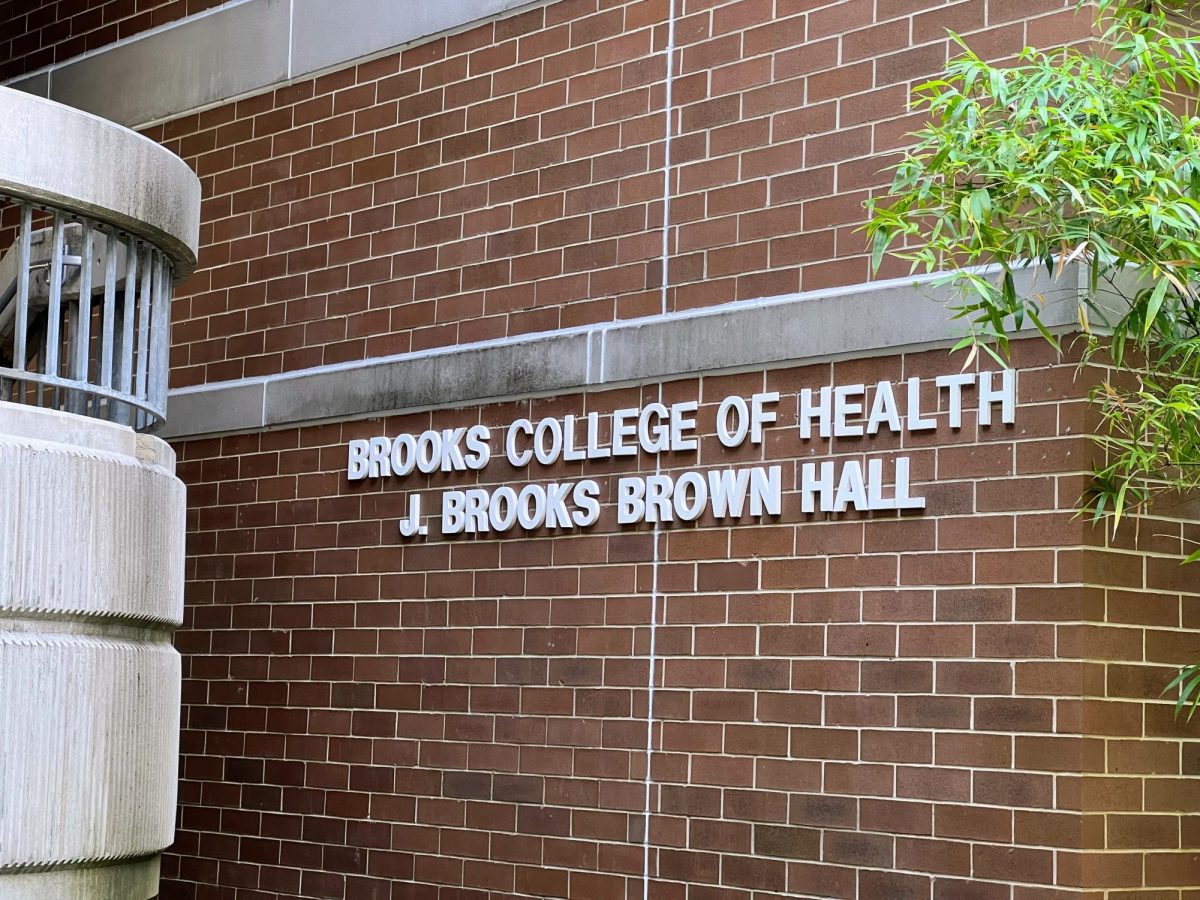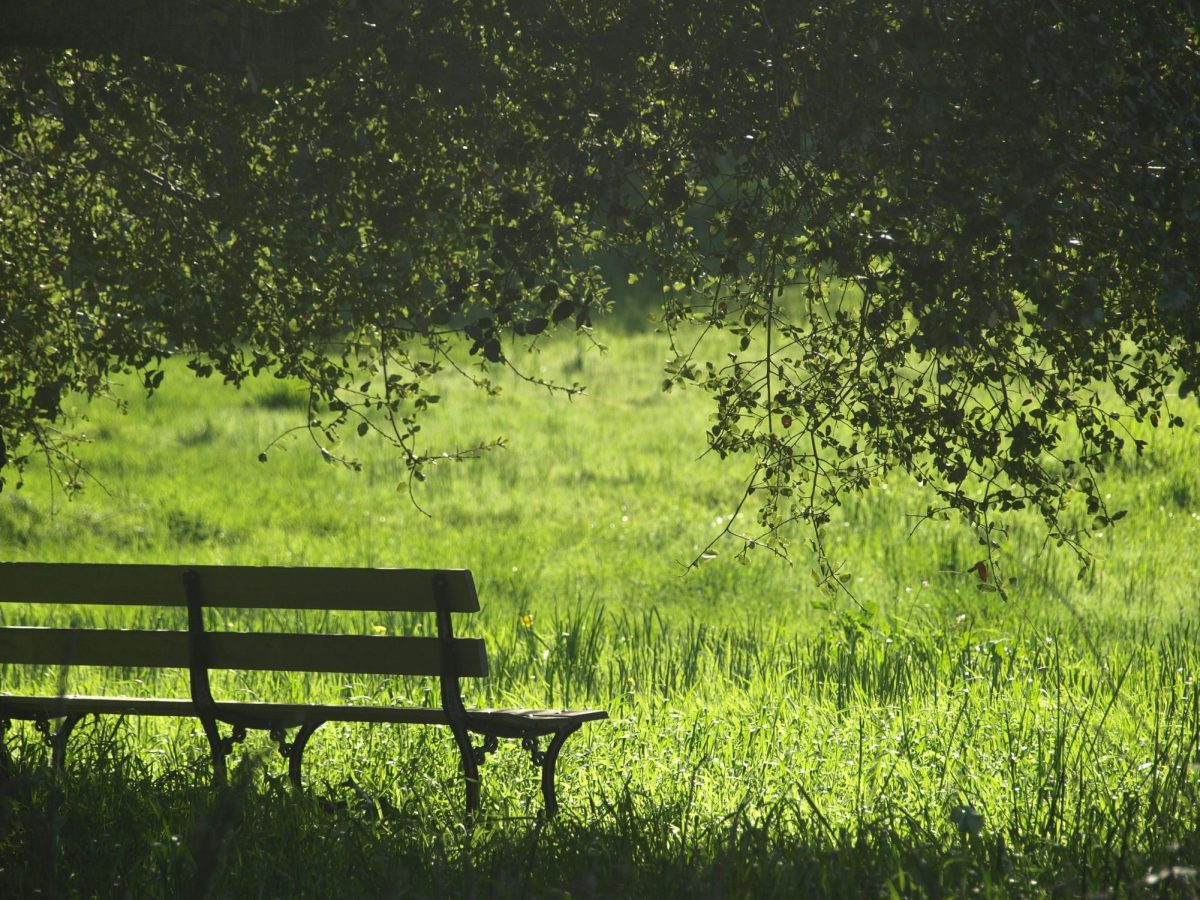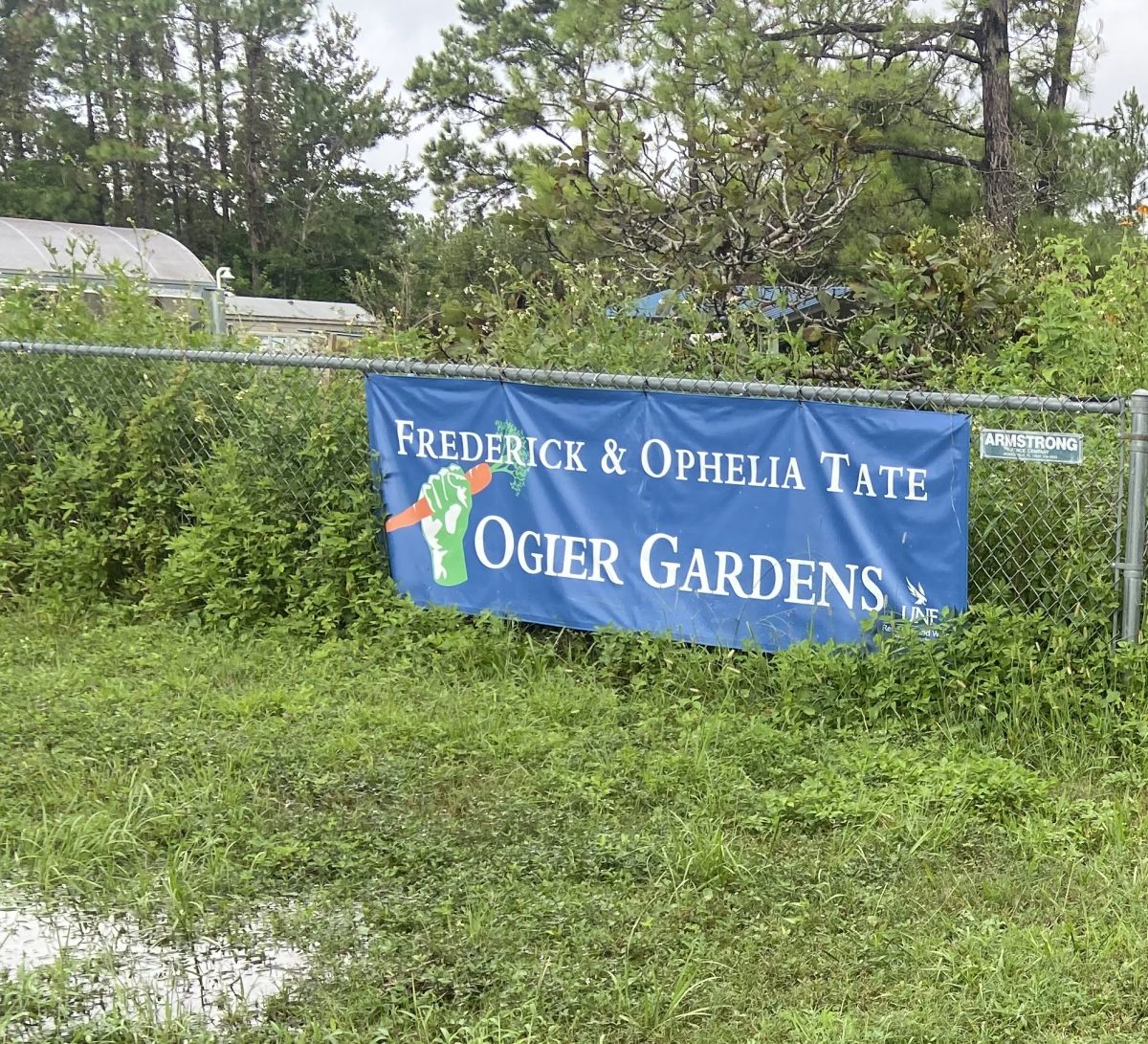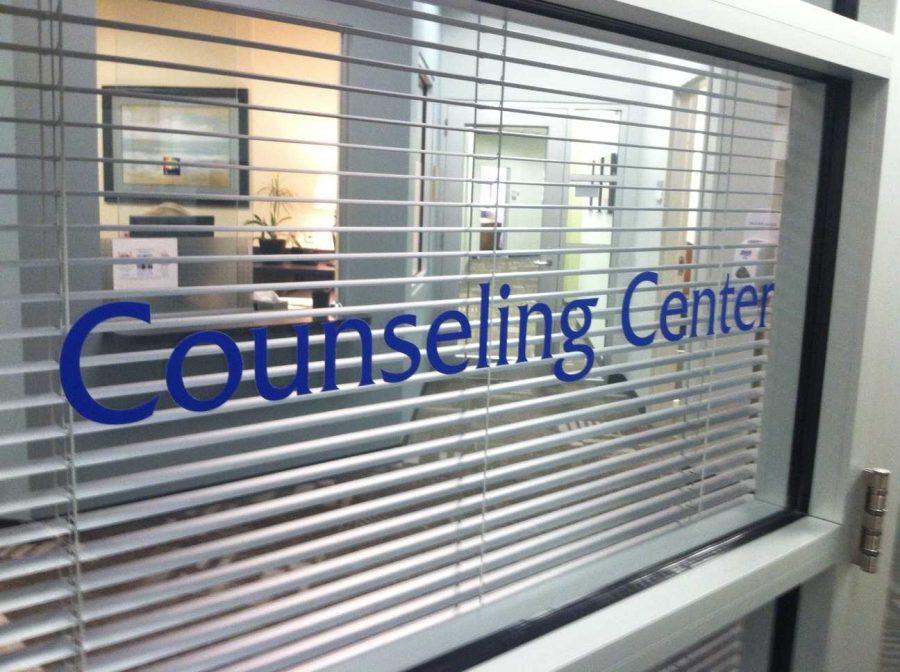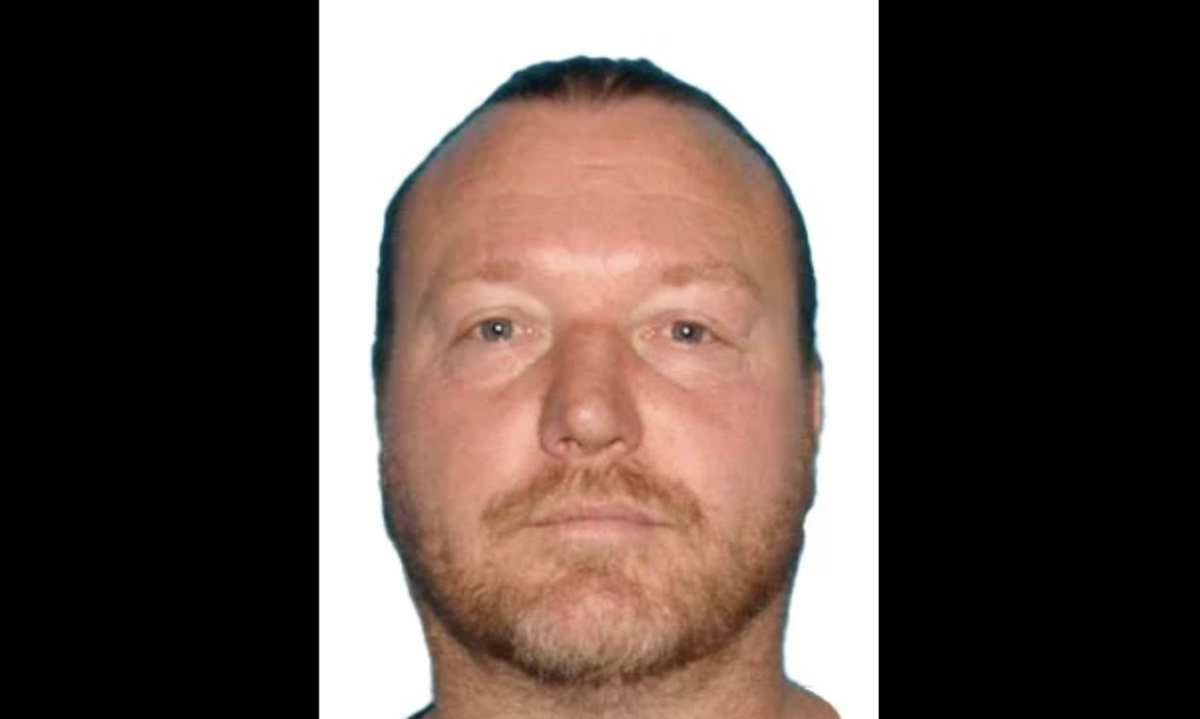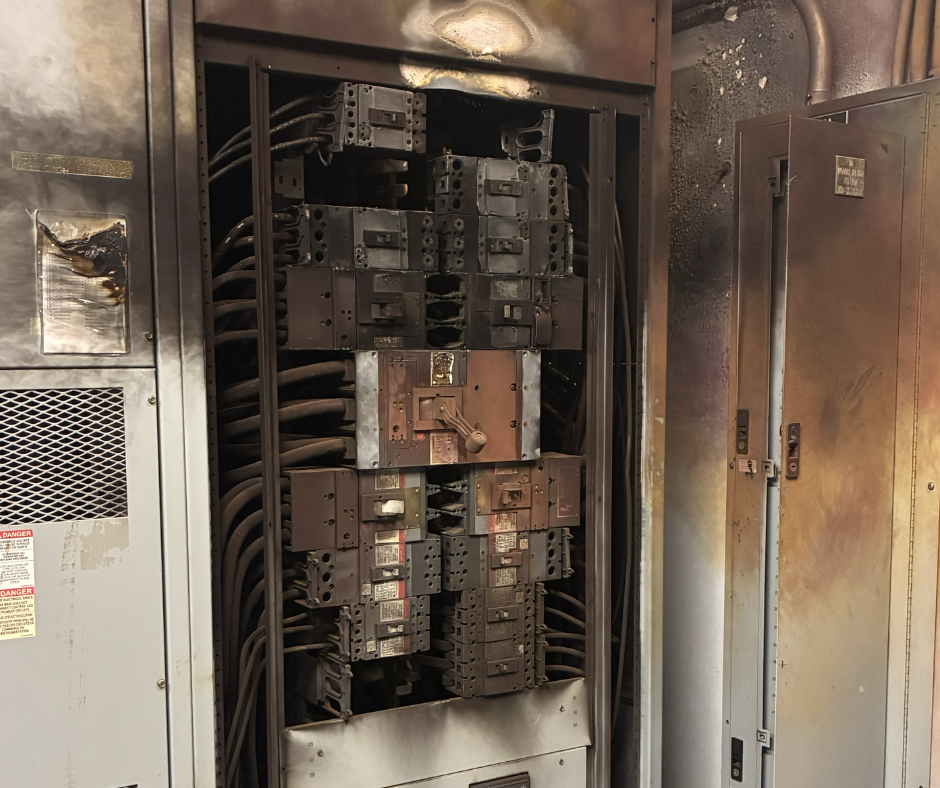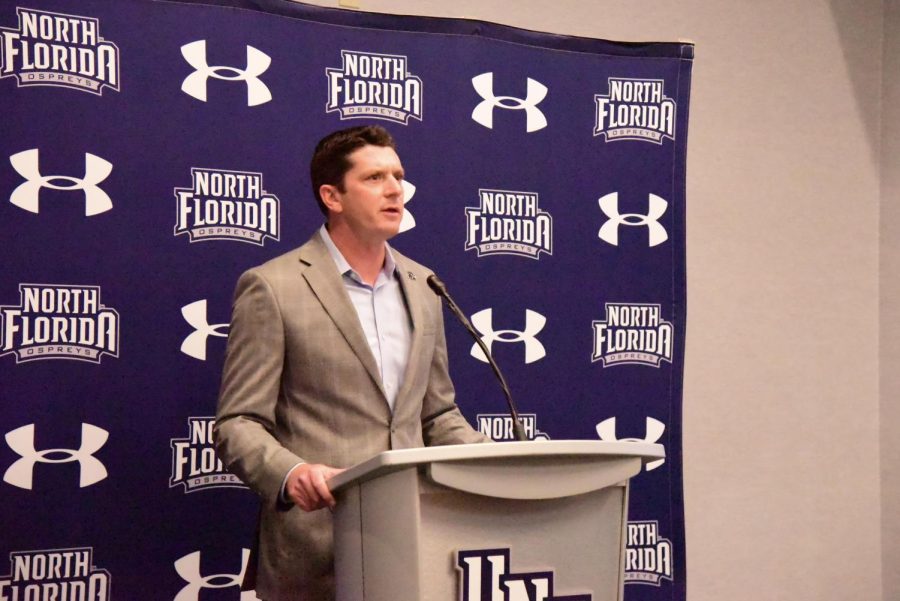“Anybody, anybody, anybody can get Monkeypox,” said Director of Student Health Services, Dr. Valerie Morisson.
Scary but important information, Morrison said, if students want to stay safe. For the past two years, the University of North Florida’s (UNF) Crisis Management Team, of which Morrison is a part, was heavily focused on COVID-19. The virus remains a priority, but this new health threat is also high on the team’s radar. It’s a threat that many universities across the country are taking seriously as students head back to class.
“UNF has had an infectious disease plan on its UNF website that’s broad enough to cover Monkeypox,” she explained. “There’s not a specific Monkeypox policy at this point. We have a tile with information on Monkeypox on our student health services website that has links directly to information from the CDC and the Florida Department of Health.”

Right now, there are no reported cases of Monkeypox at UNF, but Morrison stressed, “I would not be surprised if we see one or two […] I don’t expect it to be very high.”
“If a resident contracts Monkeypox, we will ask them to isolate off campus for their safety and the safety of the university,” she said.
Morrison told Spinnaker if a student doesn’t have a place to isolate themselves off campus, UNF will do its best to work with them.
Unlike the COVID-19 vaccine, UNF does not have the limited Monkeypox vaccine, but SHS can test for the virus. The turnaround time for that test is 1-3 days, so any student suspected of having Monkeypox would have to be isolated until those results are back.
If positive — isolation can last up to four weeks. So this painful virus could not only take a toll on you physically, but it could also cause significant disruption to your school year.
There are three things the health director can’t stress enough to keep UNF safe, “Get vaccinated if you are in a high-risk group, practice proper health hygiene and stay home if you’re sick.”
Morrison has one more piece of advice — awkward as it may be — if you’re planning on having sexual relations.
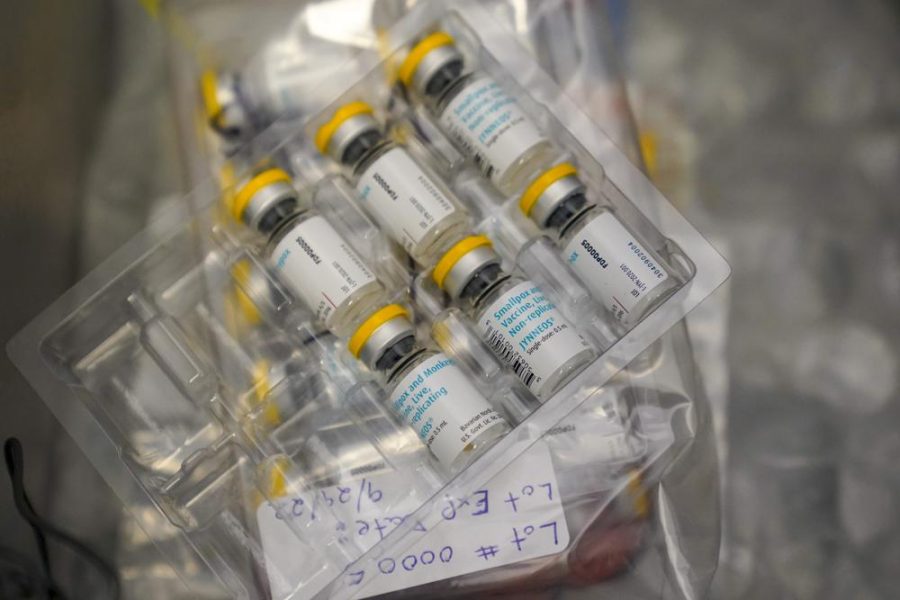
“You have to ask questions,” she said. “It kind of kills the moment, but you should be asking questions to protect your own health.”
The CDC says there are over 15,000 cases of Monkeypox in the United States. Florida is the third highest in the nation. Spinnaker checked the state health website— it shows Jacksonville has seen a slight increase since last week, with four confirmed and 17 probable cases.
Although the CDC website says men who have sex with men are most vulnerable, it stresses that “anyone, regardless of sexual orientation or gender identity, who has been in contact with someone who has monkeypox is at risk.”
For the LGBTQ community, there’s a responsibility to get the information out without stigmatizing anyone.
“I think right now, it’s on everyone’s mind, and several students have asked about it because it’s all over the news,” said UNF LGBTQ Center Director Manny Velásquez-Paredes.
Velásquez-Paredes is working with SHS to educate the university community about Monkeypox and other infectious diseases. The center will join SHS in hosting a workshop on Monkeypox, Hepatitis and Meningitis. That event will be on Sept. 14 at noon in the Student Union West, Room 3804.
Meanwhile, the Crisis Management team is meeting Sept. 1, where Monkeypox is on the agenda.
___
For more information or news tips, or if you see an error in this story or have any compliments or concerns, contact editor@unfspinnaker.com.




